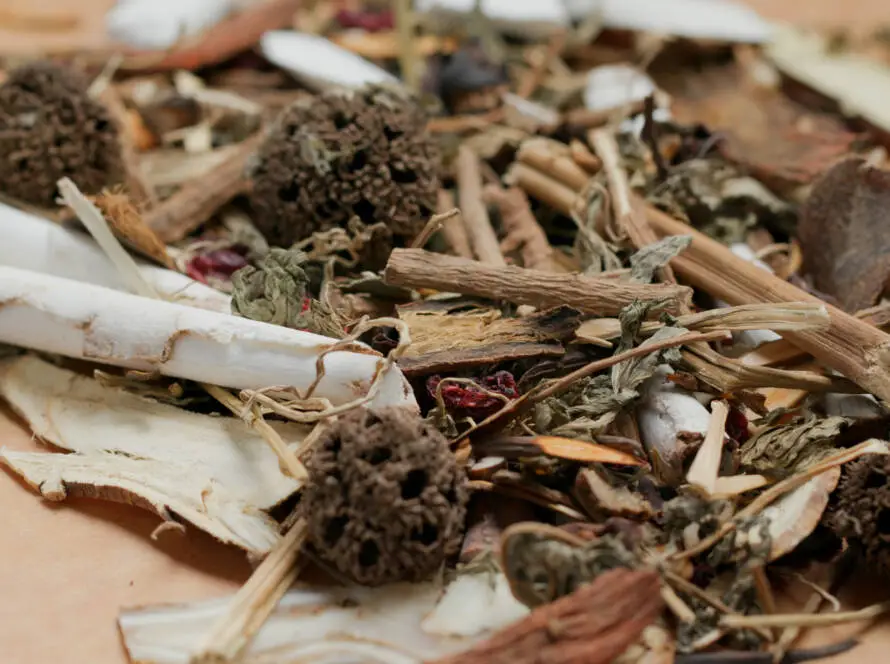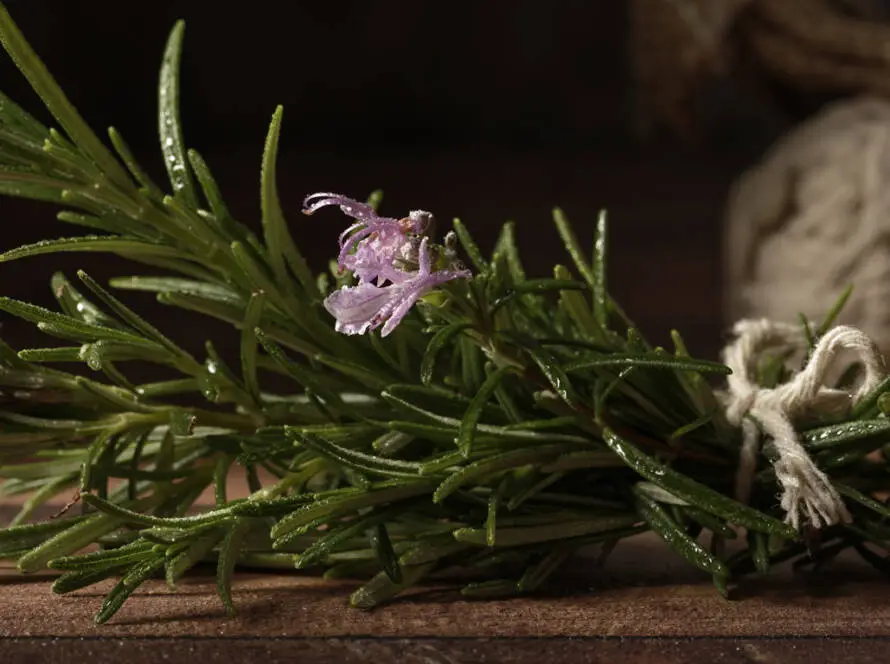Introduction
This fact sheet provides essential information about fennel, an aromatic herb native to southern Europe and Asia Minor, now cultivated in the United States, Great Britain, and temperate regions of Eurasia. All parts of the fennel plant are fragrant, and according to Greek legend, knowledge was bestowed upon humanity from Mount Olympus in the form of a fiery coal enclosed in a stalk of fennel. The herb has a rich history, being recognized by ancient Chinese, Indian, Egyptian, and Greek civilizations. The Roman scholar Pliny (AD 61-113) even recommended fennel for improving eyesight. The name “foeniculum” derives from the Latin word for fragrant hay. Fennel was highly valued during the Middle Ages—savored by the wealthy in cooking and utilized by the poor as an appetite suppressant during fasting. Spanish priests introduced fennel to North America, while the English brought it to early settlements in Virginia.
Common Names
- Common Fennel
- Sweet Fennel
- Bitter Fennel
- Carosella
- Florence Fennel
- Finocchio
- Garden Fennel
- Large Fennel
- Wild Fennel
Latin Name
- Foeniculum vulgare
What It Is Used For
Fennel has a diverse range of uses, including:
- Flavoring and Scent: Enhances culinary dishes and perfumes.
- Insect Repellent: Acts as a natural deterrent for pests.
- Herbal Remedy: Used for gastrointestinal issues and poisoning.
- Lactation and Menstruation: Serves as a stimulant to promote these processes.
- Digestive Health: A blend of fennel with peppermint, caraway, and wormwood may help ease symptoms of indigestion, heartburn, and Irritable Bowel Syndrome (IBS).
- Antidote: Traditionally considered effective against poisonous herbs, mushrooms, and snakebites.
- Eyewash: Tea made from crushed fennel seeds can be used as an eyewash.
- Flea Deterrent: Powdered fennel is known to repel fleas in kennels and stables.
How It Is Used
- Fennel oil: 0.1 to 0.6 milliliters (about 2 to 12 drops).
- Fennel seed: 5 to 7 grams (about 1 to 1.5 teaspoonfuls).
- All parts of the plant are utilized for flavoring; the stalks can be consumed as a vegetable, and the seeds are traditionally used for their carminative properties.
What the Science Says
Currently, there is insufficient clinical evidence to support the efficacy of fennel for specific medical indications.
Side Effects and Cautions
Fennel is not recommended for small children and should not be used for prolonged periods. There is limited information regarding its safety and effectiveness during pregnancy and lactation, so it is advisable to avoid use during these times.
Resources
- Drugs.com
- Wikipedia.com
This summary highlights the key aspects of Fennel, including its traditional uses, potential benefits, and safety considerations.
Disclaimer
The information I’ve shared about herbs is for educational purposes only and is not meant as medical advice. While many herbs have been traditionally used for their potential health benefits, individual responses may vary, and the effectiveness of herbs can depend on various factors, including personal health conditions and interactions with medications. It is essential to consult with a qualified healthcare professional or a licensed herbalist before using herbs for medicinal purposes or making significant changes to your health regimen. This information should not be considered a substitute for professional medical advice, diagnosis, or treatment.


